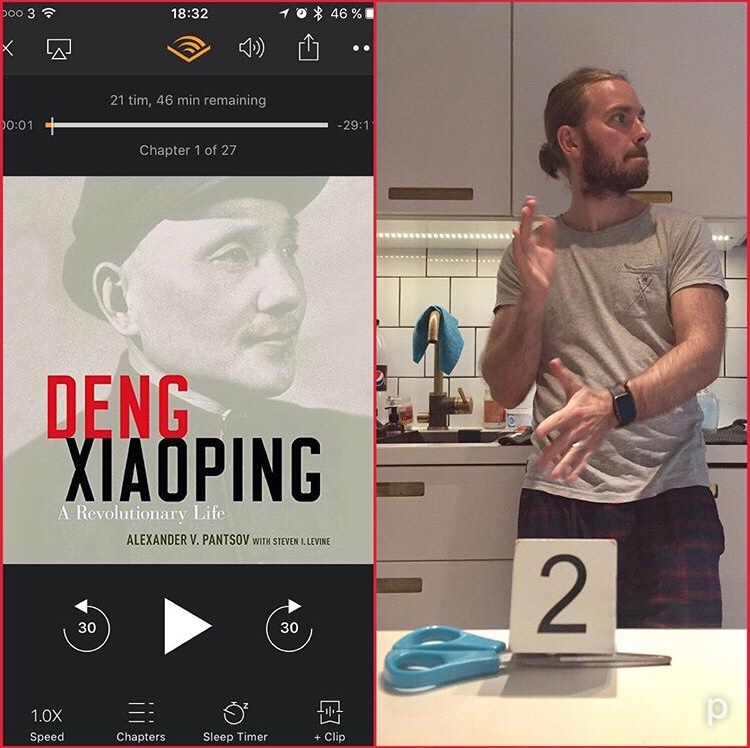 Deng Xiaoping led China through far reaching reforms in the post Mao era and is often credited as the force behind China’s spectacular economic growth. The expansion of the Chinese market and opening up the country to international trade is a part of his legacy, but also less glamorous deeds, such as the massacre on Tiananmen Square.
Deng Xiaoping led China through far reaching reforms in the post Mao era and is often credited as the force behind China’s spectacular economic growth. The expansion of the Chinese market and opening up the country to international trade is a part of his legacy, but also less glamorous deeds, such as the massacre on Tiananmen Square.
—————-
This book is thick, meticulously detailed and unfortunately rather boring. I don’t think it’s the authors fault, rather its just the fact that Dengs life is not that exciting.
—————-
The best parts of the books was the descriptions of how the communist party wanted to open up China and introduce elements from market economy within a socialist framework.
—————-
I love the rationalizations used when the Communist party discussed if they where to allow small private businesses in China;
–
Someone mentioned that Marxs “Das Capital” tells the story of a capitalist who exploited 8 workers.
–
They argued: “If Marx spoke only of precisely 8, then the hiring of seven won’t make one a capitalist. And then if the boss also is working, what kind of possible capitalism could this be?” Going with this interpretation of Marx, the Communist party open the door for small businesses of maximum 7 employees.
—————-
📝 “It doesn’t matter if the cat is back or yellow as long as it catches mice” 🐭 🐱 this famous quote is said to be coined by Deng.
—————-
📝 “Self criticism” sessions: a interesting concept where politicians who have fallen out of favor have to make a detailed statements of ideological errors and affirming their renewed belief in the Party line.
—————-
📝 Family contract system: farmers were given by the government a quota of goods to produce. What food they grew beyond the quota was sold in the free market at unregulated prices. This system became a great success and increased the standard of living In the 1980s.
—————-
📝 Deng Xiaoping was involved in the decision behind the Tiananmen Square Massacre where hundreds of protesters where killed.
—————-
Read it if you love Chinese politics & history. Otherwise a Wikipedia article on Deng will suffice.
Check out my reading lists for more great books!


